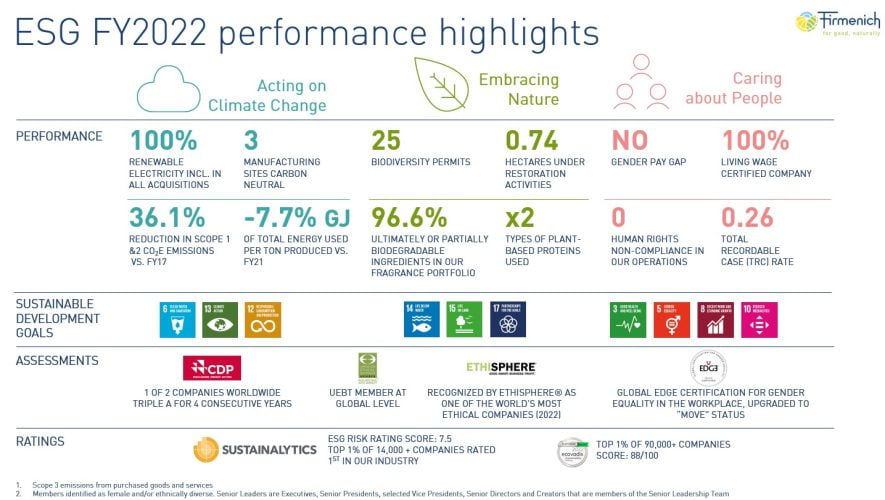Arla Foods Ingredients has secured a positive opinion on its Novel Food application for Bovine Milk Osteopontin ingredient Lacprodan® OPN-10.
The European Food Safety Authority (EFSA) has published an opinion that Bovine Milk Osteopontin (OPN) is safe for use in infant formula (IF), follow-on formula and ready-to-eat dairy-based meals for children.
When this process is complete, Lacprodan® OPN-10 will become Arla Foods Ingredients’ first product for infant nutrition approved under the new Novel Food Regulation (EU) 2015/2283. Products containing Lacprodan® OPN-10 will be authorised for sale in Europe towards the end of 2022 or early 2023.
Osteopontin is a whey protein, which is a heavily phosphorylated, acidic glycoprotein with strong calcium-binding properties. Significant amounts of this protein have been identified in human milk, while smaller quantities are present in bovine milk. This means that – to date – infant formulas have had lower osteopontin content than human breast milk.
Anders Steen Jørgensen, Director Pediatric at Arla Foods Ingredients said: “We’re delighted by this decision, which is a significant step towards achieving Novel Food approval. It’s a strong signal of trustworthiness in this new ingredient for infant milk formula, and opens up new opportunities for formula manufacturers. This is the result of more than five years of hard work from our R&D department, Early Life Nutrition Science teams and regulatory teams. Lacprodan® OPN-10 is a fantastic addition to our infant nutrition portfolio and continues our record of being first to market with products in this sector.”
With Lacprodan® OPN-10, Arla Foods Ingredients can now help infant formula manufacturers to develop products containing osteopontin in its purest form to date. Arla Foods Ingredients holds several patents for the production and application of osteopontin.
About Novel Food
The European Commission defines Novel Food as food that had not been consumed to a significant degree by humans in the EU before 15 May 1997, when the first regulation on Novel Food came into force.
It can be applied to newly developed, innovative food, food produced using new technologies and production processes, as well as food which is or has been traditionally eaten outside of the EU.



